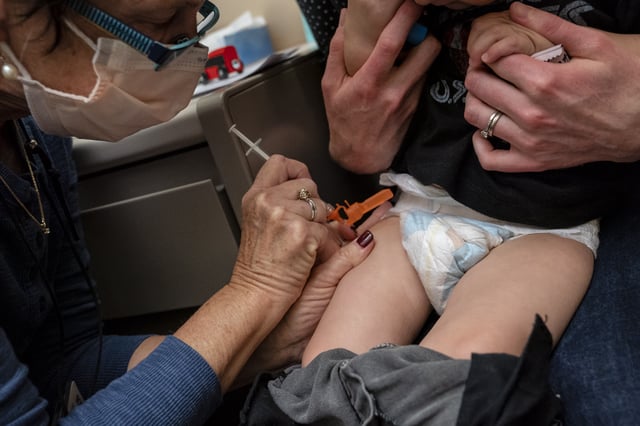Overview
- The analysis tracked 1,224,176 children born from 1997 to 2018 from age two through 2020 to assess links between vaccine aluminum exposure and 50 chronic conditions.
- Cox proportional hazards models showed hazard ratios of 0.98 for autoimmune outcomes, 0.99 for allergic disorders and 0.93 for neurodevelopmental conditions per additional milligram of aluminum.
- Researchers detected no dose-response effect, ruling out moderate or significant risks tied to varying aluminum adjuvant levels in the Danish childhood vaccine schedule.
- Senior author Anders Hviid stated the findings “exclude meaningful increases with a large degree of certainty” and affirm there is no reason for concern over aluminum in vaccines.
- Experts hailed the paper as the largest and most definitive observational study on vaccine aluminum safety, saying its rigorous design should dispel lingering misinformation.



